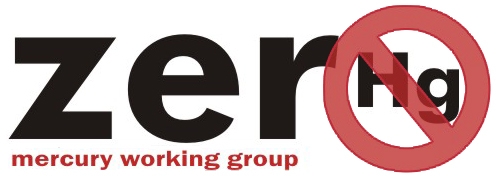Alcoholates industry
Elemental mercury is used as an electrode for production of four specialty chemicals namely sodium/potassium methylate/ethylate. These compounds are used variously in the production of biodiesel, pharmaceuticals, food ingredients, crop protection products and other applications.
Most global production of sodium methylate, the most significant of the four products, uses a mercury-free process.
There are two firms in the EU (Germany) that use a mercury cell process in their EU facilities (but mercury-free processes elsewhere in their global operations).
Non-mercury technologies are commercially available for production of sodium methylate and sodium ethylate while there is also evidence of existence of alternatives processes for production of potassium methylate and potassium ethylate (which are produced at very small scale). (Study on EU Implementation of the Minamata Convention on Mercury, March 2015)
Relevant legislation and NGO policy work
Globally
The Minamata Convention on Mercury, under Article 5 (3) and Annex B, Part II in relation to the production of sodium/potassium methylate/ethylate- Measures to be taken by the Parties shall include but not be limited to:
- Measures to reduce the use of mercury aiming at the phase out of this use as fast as possible and within 10 years of the entry into force of the Convention;
- Reduce emissions and releases in terms of per unit production by 50 per cent by 2020 compared to 2010;
- Prohibiting the use of fresh mercury from primary mining;
- Supporting research and development in respect of mercury-free processes;
- Not allowing the use of mercury five years after the Conference of the Parties has established that mercury-free processes have become technically and economically feasible;
- Reporting to the Conference of the Parties on its efforts to develop and/or identify alternatives and phase out mercury use in accordance with Article 21.
In Europe
Regulation (EU) 2017/852 on mercury bans the production of sodium or potassium methylate or ethylate from 1 January 2028. Furthermore , Annex III, Part II includes Manufacturing processes subject to restrictions on use and releases of mercury and mercury compounds.
The production of sodium or potassium methylate or ethylate shall be carried out in accordance with point (e) of Part I and subject to the following conditions:
- No use of mercury from primary mercury mining;
- Reduction of direct and indirect release of mercury and of mercury compounds into air, water and land in terms of per unit production by 50 % by 2020 as compared to 2010;
- Supporting research and development in respect of mercury-free manufacturing processes;
- And as from 13 June 2017, the capacity of installations using mercury and mercury compounds for the production of sodium or potassium methylate or ethylate that were in operation before that date shall not be increased and no new installations shall be allowed.
The production of sodium/potassium ethylate/methylate is not addressed explicitly in the LVOC BREF, nor in the BREF on chlor-alkali production. The mercury process is reportedly in use only in Germany.

